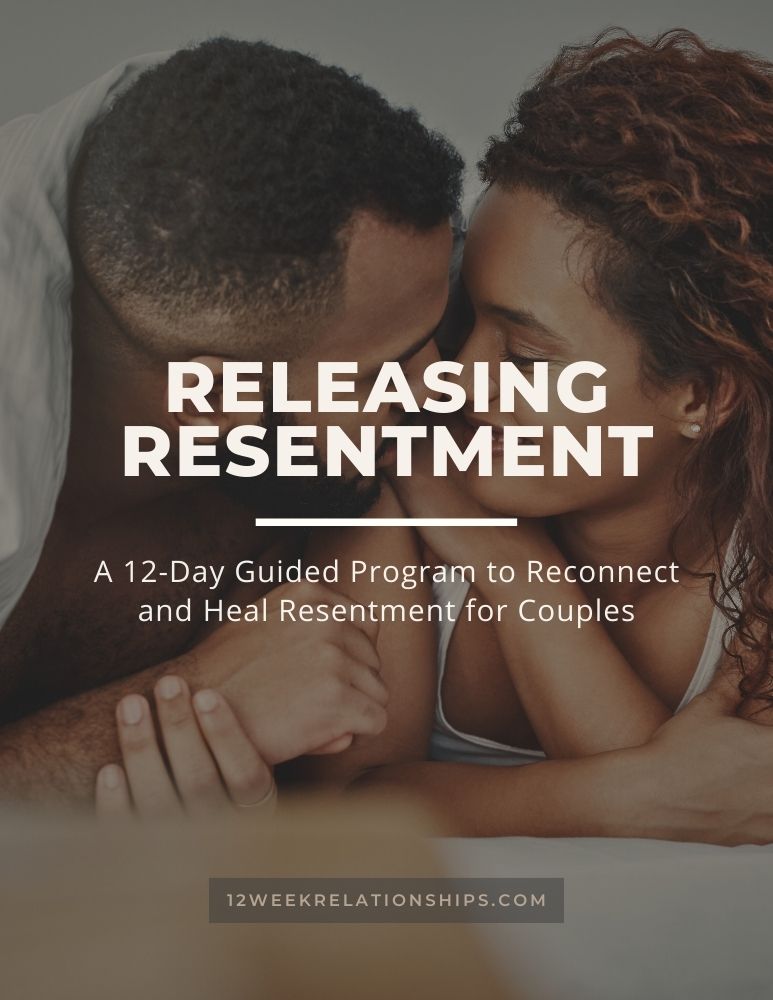Defensiveness is a common reaction to criticism, where individuals become protective and guarded, perceiving a threat to their self-esteem or sense of identity. It is a natural response when feeling attacked, but if it becomes a habitual pattern, it can damage relationships and hinder personal growth. In this article, we will define defensiveness and discuss how to identify and change this behavior in relationships.
Defensiveness Defined
Defensiveness is an emotional response to feeling attacked or criticized, leading individuals to protect themselves and their self-esteem. It is often characterized by denying responsibility, blaming others, making excuses, or counter-attacking. Defensiveness often creates a barrier to communication. Not only does it prevent individuals from hearing and understanding feedback, but it can also create further conflict. It ultimately shuts down any ability for emotional connection and understanding to occur.
This makes identifying and addressing defensive behavior critical to the long-term success of a relationship.
How to Identify Defensiveness in a Relationship
Defensiveness can manifest in various ways within our relationships Here are just a few examples:
- Denying responsibility
- Blaming one's actions on someone/something else
- Making excuses for their behavior
- Interrupting or talking over the other person
- Making negative assumptions
- Using hostile body language
- Counter-attacking and criticizing
- Avoiding a topic altogether.
These behaviors can make it challenging to have constructive conversations, leading to a lack of trust, miscommunication, and resentment.
To identify defensiveness in a relationship, it's important to pay attention to one's emotional and physical reactions when receiving feedback, as well as the response to the other person's emotions. People often mischaracterize their defensiveness as being emotionally expressive, when in truth, it is not.
How to Change Defensiveness in a Relationship:
Changing defensiveness in a relationship requires a willingness to reflect on one's behavior and take responsibility for it. Here are some strategies that can help:
Cultivate self-awareness: This involves looking inward and learning to manage emotions better, so they do not overwhelm the individual's capacity to communicate effectively.
Recognize the signs by starting to acknowledge when you're becoming defensive. Common physical responses might include feeling tense, getting a knot in your stomach, or thinking about how to counter the argument.
In such moments, reflect on your past behaviors. Think about instances when you're defensiveness may have harmed your relationship. Understand the impact that you might have if you were to move toward defensive behavior in this moment.
Practice Mindfulness: Practice mindfulness techniques, such as deep breathing or meditation, to stay present in the moment. Mindfulness can help you observe your thoughts and emotions without immediately reacting defensively.
One thing that Pye often says and finds personally helpful is, "Remind yourself that this is likely not a life or death moment. And if true, it doesn't warrant a life or death level of response."
Practice Active Listening: This involves paying attention to the other person's words and feelings, without interrupting or making assumptions. It involves acknowledging and validating the other person's emotions, even if you don't agree with their perspective.
Focus on truly listening to your partner's (or the other person's) perspective without interrupting or formulating your response. Show empathy and validate their feelings, even if you disagree.
Use reflective listening techniques, such as paraphrasing what your partner said, to demonstrate that you are engaged and trying to understand.
Use "I" Statements: Instead of blaming or attacking the other person, it's helpful to express how you feel about the situation using "I" statements. This allows you to express yourself without blaming or accusing the other person.
For example, "I feel hurt when you speak to me like that." This in turn also opens the door for the other person to share their feelings through "I" statements as well.
Focus on the Facts: When you're in the middle of a difficult conversation, rather than label the other person's behavior, focus on simply the facts. This in combination with "I"statements can be a powerful tool that keeps the conversation focused on the actual issue.
Here are a few examples:
Instead of saying, "You're being inconsiderate when you come home late without calling."
Try something like, "When you come home late without calling, I feel like I'm not a priority for you."
Or if dealing with a coworker.
Instead of saying, "Why would you selfishly take credit for our work by not mentioning us in that presentation?
Try something like, "When you forget or don't mention all of us in your presentation, it makes us feel like we're not valued, or maybe that you wish to take credit for our work. Is that what you meant?"
Take Responsibility: When you make a mistake, take ownership of it and apologize. Avoid making excuses or blaming others, as this can lead to defensiveness and further conflict. When you learn to volunteer your mistakes and take ownership first, you'll often see the other person naturally let down their guard.
Identify the Wound: This is a big one. In many instances, our defensive behavior is triggered by an underlying wound or past pain. This is the entire premise of what I call "Trauma Triggered Therapy." It's using triggers to identify areas of personal healing that remain unresolved.
For example, if you feel self-conscious about your weight, you might immediately become defensive when your partner asks you to join them on an evening run.
If you feel insecure about the work you're doing in the office, you might jump to defend yourself when someone offers constructive feedback.
When your feelings of defensiveness are extreme and triggered by something seemingly small, look to see if there's an underlying personal issue that needs to be addressed.
Seek Feedback: Ask for feedback from the other person on how you can improve your communication and relationship. This shows a willingness to learn and grow, and can also help to build trust. Healthy feedback (both providing and receiving) allows for each individual to become more self-aware and less defensive. The result is that it opens the door for healthier communication.
Conclusion
Defensiveness is a common response to criticism, but it can be damaging to relationships and personal growth. It's important to learn to recognize defensiveness in oneself and others, and to take steps to change this behavior.
If you find yourself stuck in this process, consider seeking support from a qualified coach or therapist who can help you work through underlying issues that contribute to defensiveness.











